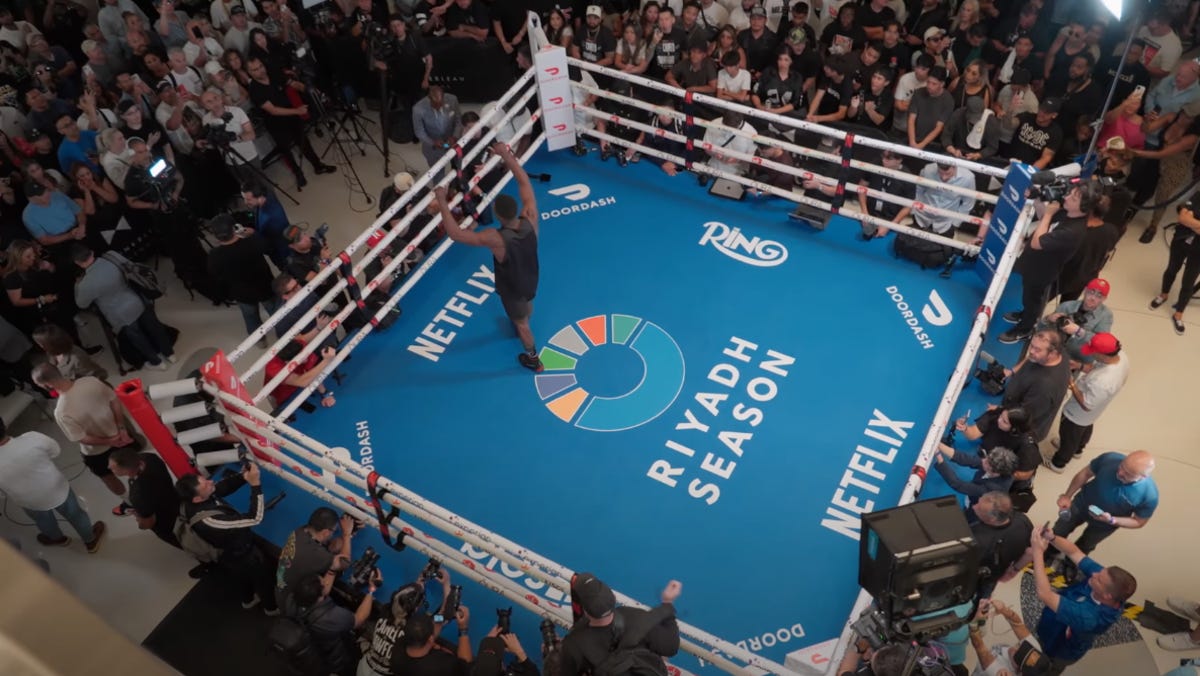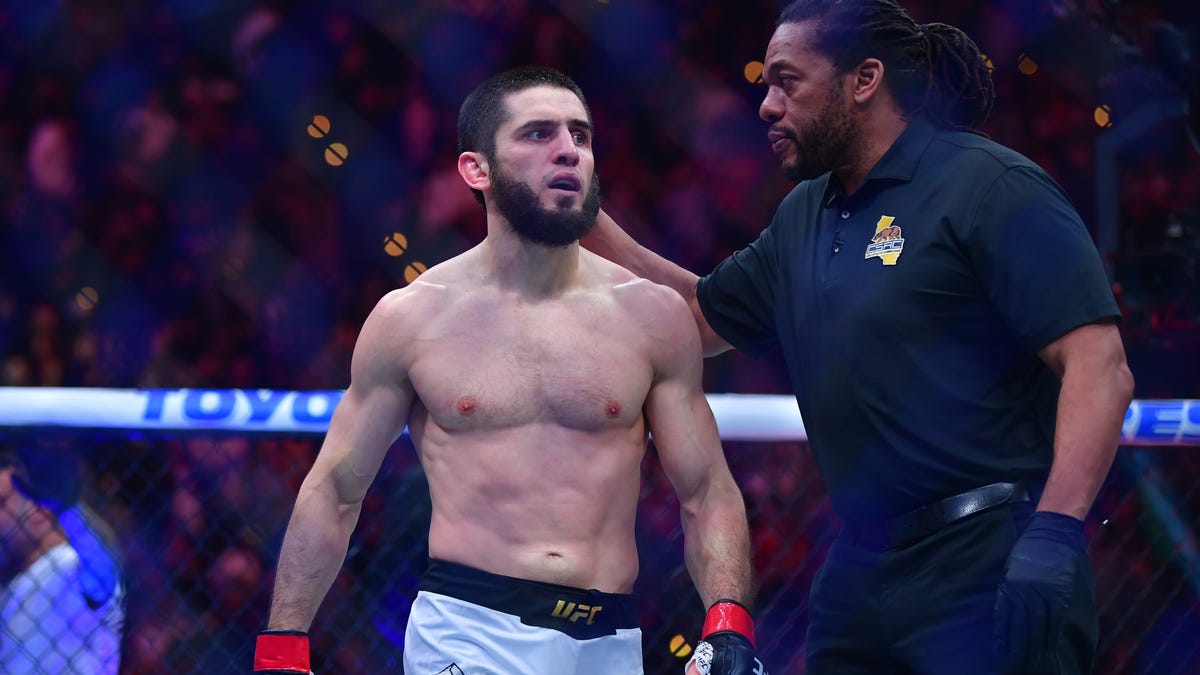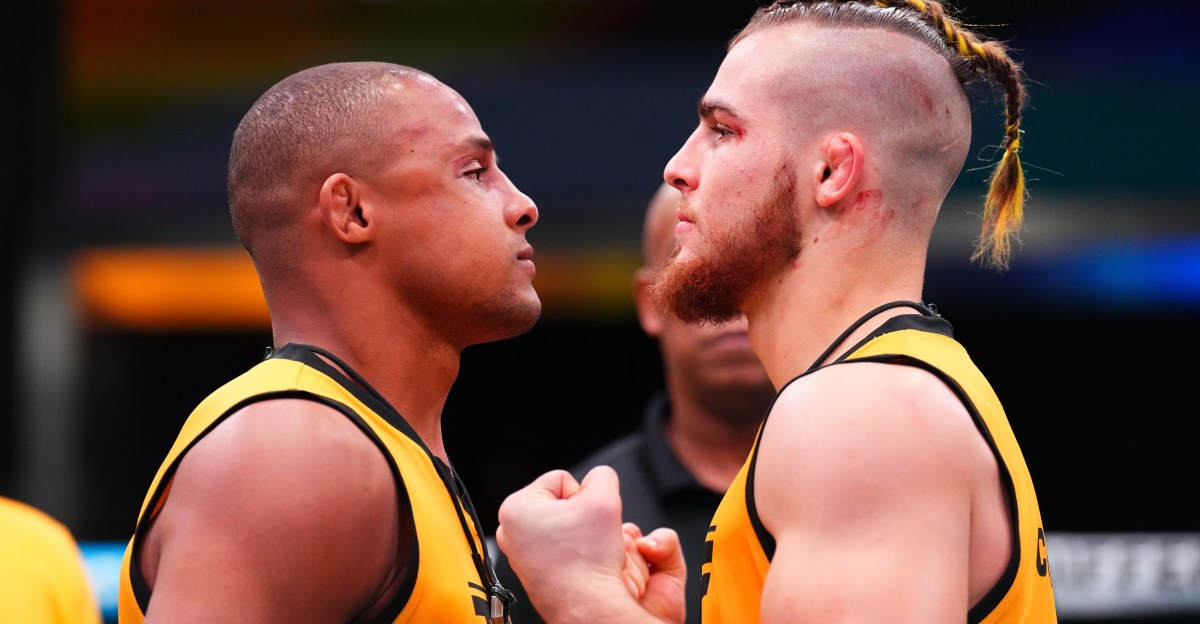https://sports.yahoo.com/fantasy/article/fantasy-football-consider-eyebrows-raised-after-lions-once-too-big-to-fail-offense-struggles-in-week-1-170153770.html
In fantasy football, simply targeting good players from good teams can often be a profitable strategy. Within that approach, it makes sense to target the “too big to fail” offenses across the league. However, when change strikes those established ecosystems, cracks can appear and cause these units to fall from their once-established thrones. That’s precisely why Justin Boone and I set out to have this conversation about teams like the Detroit Lions in an episode of “Contrarian Corner” this offseason.
One week in, and it appears it was worth at least asking the question about whether the Lions were set to take a step back on offense after a 27-13 blowout loss to the Green Bay Packers where they posted a mere 3.8 yards per play. That placed them sandwiched between the Panthers and Giants — not exactly where we’re used to finding the Lions the past few seasons.
Advertisement
Was that nightmarish loss just a fluke, or should it give us pause about our Lions projections for the rest of the season? Let’s dive into what we saw from this unit in Week 1.
[Upgrade to Fantasy Plus and gain your edge in player projections and much more]
The most significant variable in projecting the Lions this season was the loss of offensive coordinator Ben Johnson to the Bears’ head coaching gig. Johnson wasn’t the only person who left the offensive coaching staff this offseason, as both J.T. Barrett (assistant quarterbacks coach) and Antwaan Randle El (wide receivers coach) followed Johnson to Chicago. Former Lions defensive coordinator Aaron Glenn also took Tanner Engstrand (passing game coordinator) with him to be his offensive coordinator, as well as Steve Heiden (tight ends coach) to be his offensive line coordinator.
Detroit employed a combination of promoting from within and recruiting outside the organization to fill the gaps. The two most notable additions were from outside the building, as John Morton was brought in to be the offensive coordinator after being the Broncos’ passing game coordinator in 2023 and 2024. Former Stanford head coach David Shaw was brought in as the Lions’ passing game coordinator after serving as a member of the Broncos’ front office last season. In fairness, Morton had been with the Lions in 2022 as a senior offensive assistant when Ben Johnson was first officially promoted to the playcaller gig.
Advertisement
Now, I don’t want to over index on what we saw in Week 1 for multiple reasons — of course, it’s a one-game sample, and it can also be challenging to judge a team’s intent when they’re in negative game script essentially from the end of the first quarter on. That being said, there were some distinct differences in both the design aspects of the passing game that have me a little concerned about how this unit will perform going forward.
The Lions under Johnson featured an offense that was at the top of the league in terms of dynamism and leaned into the strengths of its quarterback, Jared Goff. In Week 1, neither was true.
The severe drop in motion during the snap rate in the passing game is highly noteworthy. Only Miami saw a bigger decrease in use of motion during the snap in Week 1 compared to 2024 (again we should note the negative game script caveat here, as well). The Lions last season averaged a whopping 9.38 adjusted net yards per attempt on dropbacks with motion during the snap, second behind only the Ravens at 10.68 among teams with 100-plus such dropbacks. In 2023, they were slightly less efficient but still averaged the fifth-most passing yards per game on such plays and were fourth in 2022.
Advertisement
This layer was one of the backbones of Johnson’s offense and was a key piece to the unit’s success. Removing it would be a strange choice.
While again, I don’t want to overreact to one game, there are a couple data points that have my “Spidey Senses” tingling on this change. Take a look at Scott Barrett’s chart above one more time. You’ll notice that the Bears jumped up 12.4% in their use of motion at the snap rate. While the Jets didn’t have as big of a jump, they finished 11th-highest in Week 1 and more importantly, averaged a league-high 12.5 yards per attempt on their passing plays with motion during the snaps. Multiple well-designed moments included this wrinkle from the Jets offense on film in Week 1.
The Jets and the Bears are now the current employers of the former Lions’ passing game coordinator and offensive coordinator. Now, take another look at the chart and note that the team from which both Morton and Shaw came, the Broncos, have been toward the bottom of the league in motion at the snap rate.
Advertisement
Sean Payton is one of the best offensive coaches in the NFL, even if he doesn’t use these “efficiency hacks” that most outsiders love to see from playcallers. That’s because he is a hyper-demanding coach who focuses on the details and creates layups for his offense in other ways such as screens, swings out of the backfield, etc. Ben Johnson is also notoriously hard on his players for a mastery of the details, like Payton — working under Dan Campbell, there’s some shared DNA between their systems — but includes plenty of these designer wrinkles.
This has all been on my radar, perhaps too much so, ever since Jameson Williams implied in an NFL Network interview that the receivers now had more freedom under Morton.
Maybe I am still reading too much into this, but phrases such as “allowing the receivers to be receivers” and “giving us routes and telling us to go win,” do seem to line up with a more static offensive approach, which is what the data shows we got in Week 1 out of this team. Static and more vertically oriented offenses are good descriptors of what Payton, and another coach Morton recently worked under, Jon Gruden, put on the field. It’s a departure from what the Lions, even as they were one of the most explosive units in the sport, were under Johnson.
The other chart Scott shared above is notable, and that’s the considerable decrease in play-action rate from the Lions in Week 1. This again could be game-script induced but it’s a big area to watch from this unit in games going forward.
Advertisement
Goff has been one of the best quarterbacks off play-action in the NFL for years. According to Pro Football Focus, he ranked first among quarterbacks in both play-action rate (35.7%) and yards per attempt on play-action passes (10.0) in 2024, among passers who took at least half of their team’s dropbacks in the regular season and playoffs. He was at least in the top 10, if not top five, in both categories in both 2022 and 2023, and his yards per attempt was a full 2.0 to 2.4 yards higher on throws with play-action vs. those without. This is not a new phenomenon with Goff; it dates back to his best years under Sean McVay with the Rams. In 2017 and 2018, he ranked first in play-action rate and was third and second in yards per attempt, with similar drop-offs on dropbacks without it.
I’m sure Morton knows all of this information, and some coaches are just less likely to try and use run fakes when they’re playing from behind. That being said, Josh McCown was the starting quarterback for the New York Jets in 2017, Morton’s lone prior season as an offensive coordinator, and he ranked 27th out of 28 qualifying quarterbacks. When Morton was with the Raiders under Gruden from 2019 to 2021, they were middle of the pack in play-action rate ranking anywhere from 16th to 20th. Perhaps this just isn’t a part of his DNA as a coach.
It’s not really logical for a new coach to come in and change much of what was already a really great unit they’re taking over, but if that is what’s happening in the Lions’ passing game, it would be far from the first time we’ve seen that over the years in the NFL.
If we continue to note that the approach for the aerial attack resembles what we saw from the Lions in Week 1 for the next few games, I’ll officially be worried that we need to start shaving off the ceiling cases for all Detroit passing game players in fantasy football.
Advertisement
Overall, I’m less worried about the running game than the passing game in Detroit, mainly because they retained run game coordinator and offensive line coach Hank Fraley this offseason. Many of the concepts looked the same to me, as they leaned heavily into the zone-based attack of years past. They just didn’t have nearly the same effectiveness. That can get right but it’s worth considering that the other main point of concern for the Lions offense this summer was the change-up on the interior offensive line.
Veteran guard Kevin Zietler’s departure to Tennessee in free agency and the retirement of All-Pro center Frank Ragnow disrupted the interior of what’s been one of the best offensive lines in the NFL over the last few seasons.
Starting 2024 left guard Graham Glasgow moved over from right guard to center this offseason after the Lions experimented with converting rookie Tate Ratledge to the position after he played guard in college. Ratledge has now settled in at right guard since early in training camp and 2024 sixth-round pick Christian Mahogany is the starting left guard. It’s fair to expect a dropoff from this interior or, at the very least, a slow start. You could feel it in Week 1. Not only did the combination of the three allow nine combined pressures and three sacks, per PFF, but I noted on film that they were problems in the run game as well. The stats confirm this, as Detroit averaged a measly 1.75 yards per carry on zone runs up the A and B gaps in Week 1, according to Fantasy Points Data.
Advertisement
I think this can get better with time because we are talking about young players and the philosophy appears more consistent in the run game than the passing game. So I’m less concerned about a guy like Jahmyr Gibbs at first glance. However, that’s just a theory and by no means does youth guarantee improvement. Additionally, if the team is just less effective in the passing game they are going to score fewer touchdowns. That means less points for the backfield overall, especially David Montgomery, who doesn’t have the passing-game chops Gibbs possesses to insulate himself from chaos.
While I’ve spent much of this piece looking at the possible areas of concern, I just want to list one last piece of context in addition to the reality that this was just one game in a negative script that may be impacting these metrics. The Lions played the Packers in Week 1 and they may very well have a top-five defense in the NFL this season.
Advertisement
Green Bay’s addition of Micah Parsons paid immediate dividends in Week 1. Not only did Parsons create disruption on his own, even against the great Penei Sewell at right tackle, but his presence was also an immediate maximizer for all the talented and previously unlocked athletic talent in the front seven. Also, I’ve been impressed by defensive coordinator Jeff Hafley’s coverage menu dating back to last season. They were on what was a static Lions’ passing game all game, especially clogging up the middle of the field in zone coverage. You can see an example of all of this below.
If the Lions come out the rest of this month and look great, we’ll certainly revisit this note of context as the most crucial detail. Sometimes, an elite offense just gets taken over by an elite-tier defense. I certainly believe that the Packers may well end up being that type of unit. Those guys get paid, too, something fantasy players seem to constantly forget.
However, more than enough signals are coming out of Week 1 that have me slightly raising my eyebrows at Detroit’s once unquestioned status as an elite and too-big-to-fail offense. Especially since these systemic risks all could have been foreseen, and were discussed on our show, given the departures in the coaching staff and offensive line this offseason. I don’t want to completely overreact to a small sample, as noted many times. A decline and fall from grace is far from written in stone just based on Week 1. However, these little details in the approach and style of the Lions’ attack will deserve intense monitoring over the next few weeks.
https://sports.yahoo.com/fantasy/article/fantasy-football-consider-eyebrows-raised-after-lions-once-too-big-to-fail-offense-struggles-in-week-1-170153770.html





